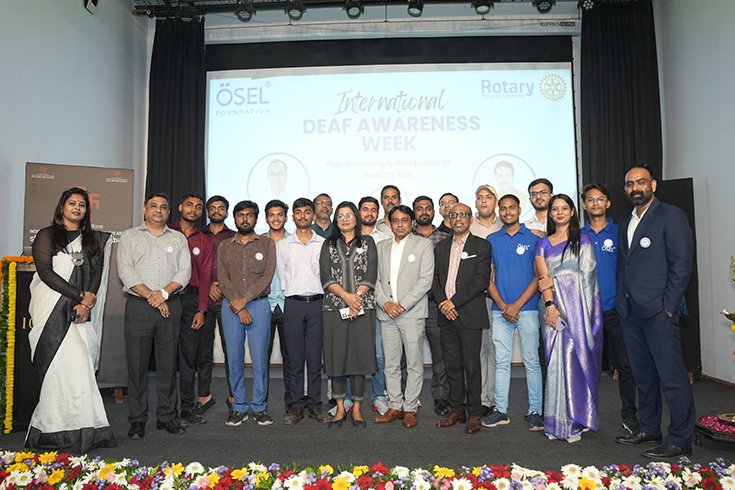Vitamin D,
known as the "sunshine vitamin," is essential for supporting bone
health, boosting immune function, and regulating mood.It’s primarily produced
in the skin through sunlight exposure. However, during seasons with limited
sunlight, like winter, or in areas where pollution and smog block the sun,
getting enough Vitamin D can be challenging. Taking steps to plan your intake
during these times can help prevent deficiency.
Why
Vitamin D is Essential
Vitamin D is
both a nutrient and a hormone that helps the body absorb calcium and
phosphorus, essential for strong bones and teeth. It also supports immune
function, muscle health, and inflammation regulation. The body typically
produces Vitamin D when the skin is exposed to UVB sunlight.However, this
synthesis is significantly reduced in low-sunlight conditions, such as during
winter or in polluted areas.
Certain
groups may also struggle to produce enough Vitamin D, including individuals
with darker skin (higher melanin), older adults, and those with conditions like
obesity, digestive disorders, or kidney disease.
How to
Boost Your Vitamin D Intake
Even when
sunlight is limited, you can still boost your Vitamin D levels. Here’s how:
- Get outside when possible: Even during winter, short bursts of
sunlight exposure (15-30 minutes) can help stimulate Vitamin D production.
Midday sun, when UVB rays are strongest, is ideal. However, the time required
may vary depending on skin tone, location, and weather conditions.
- Focus on Vitamin D-rich foods: Incorporate foods like fatty fish
(salmon, mackerel, tuna, sardines), eggs from sun-exposed hens, and fortified
items like milk, orange juice, and cereals. Dairy products such as cheese and
yogurt also contain small amounts of Vitamin D. Some mushrooms, like maitake
and shiitake, exposed to UV light, are good sources as well.
When to
Consider Supplements
If you’re
not getting enough Vitamin D from sunlight or food, supplements may be
necessary. Vitamin D supplements come in two types: D2 (ergocalciferol) and D3
(cholecalciferol).D3 is more effective at increasing blood Vitamin D levels.
Always consult your healthcare provider to determine the appropriate dosage for
your specific needs.
Recommended
Daily Intake of Vitamin D
- Adults:
600–800 IU daily
- Older
Adults: 800–1000 IU daily
- Children:
400–600 IU daily
If you live
in areas with limited sun exposure or have risk factors for deficiency, it’s a
good idea to get your Vitamin D levels checked with a simple blood test. Your
doctor can then recommend an appropriate supplementation plan based on the
results.












